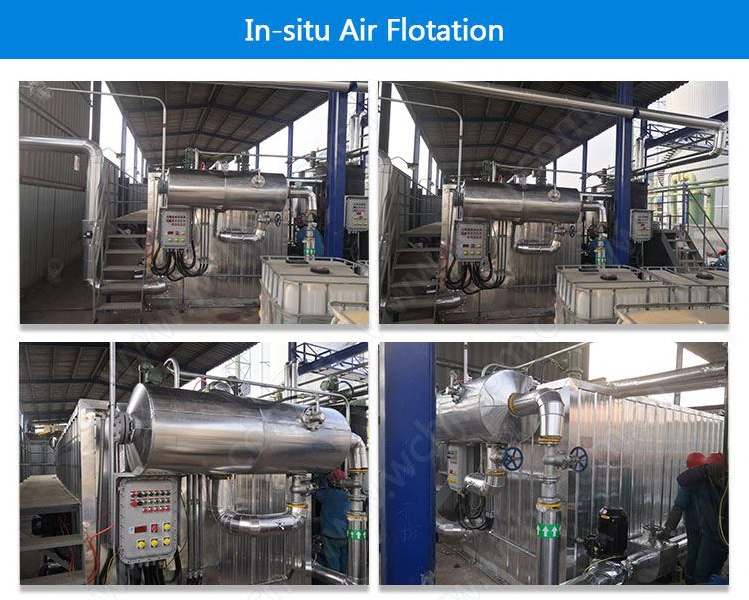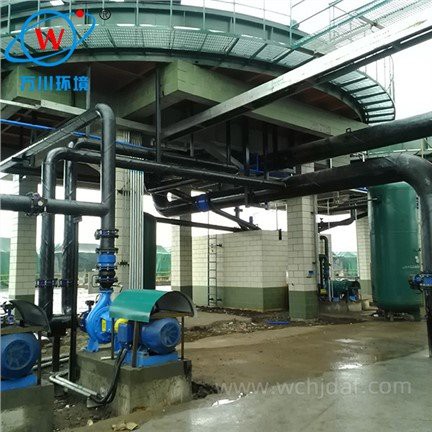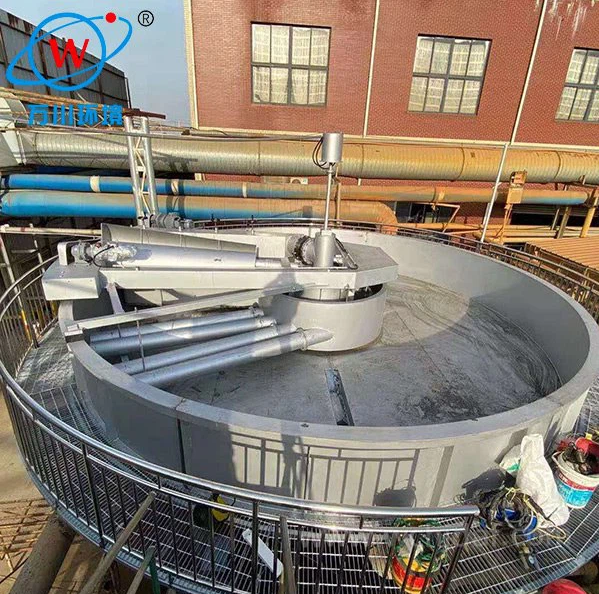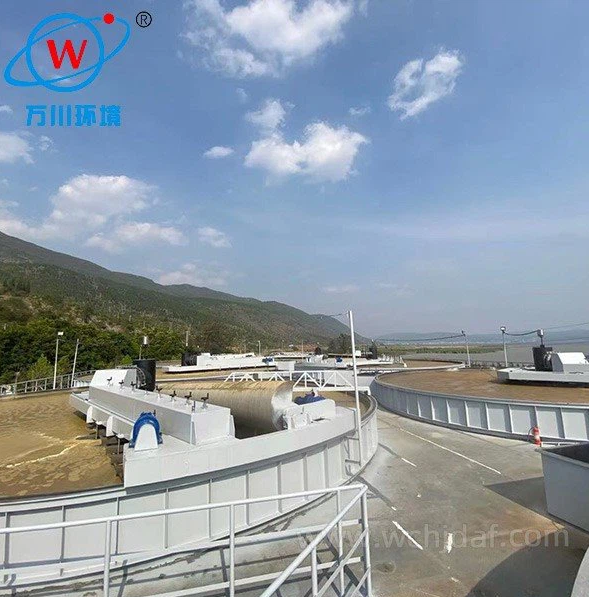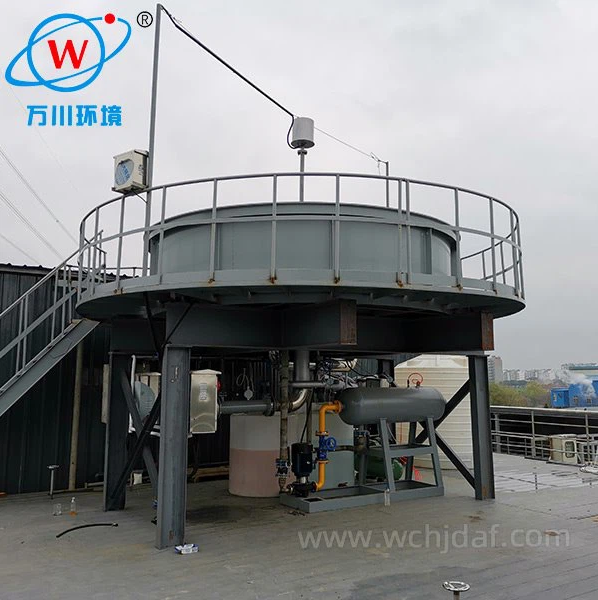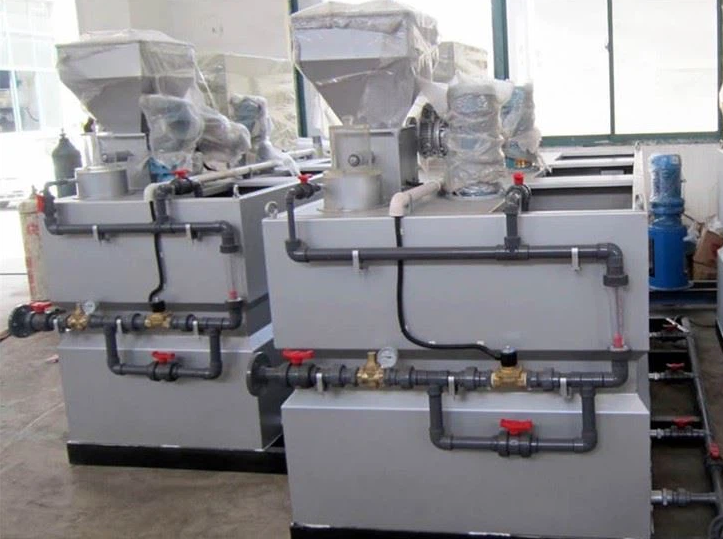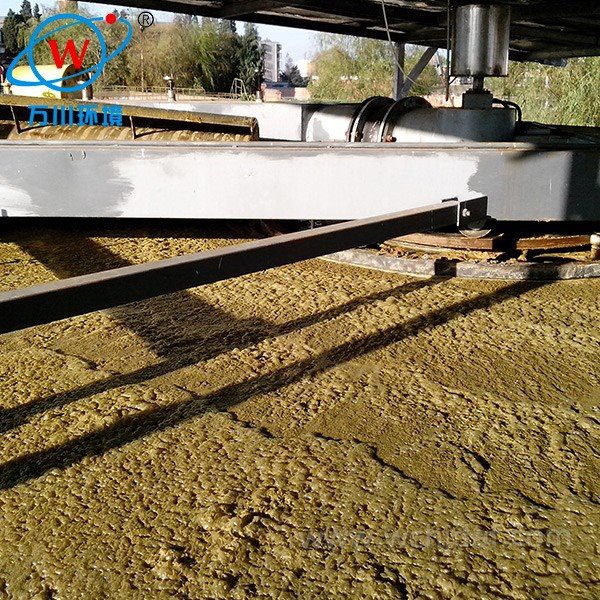In - Situ Air Flotation is an effective wastewater treatment technology, but controlling its energy consumption is crucial for cost - effectiveness and sustainability. Several key points can be considered to optimize energy efficiency.
Firstly, the selection and operation of the air - supply system play a vital role. Compressors are major energy consumers in air flotation systems. Choosing high - efficiency compressors with variable - frequency drives (VFDs) allows for adjusting the air - supply volume according to the actual treatment demand. Instead of running at a constant speed, VFDs enable the compressor to operate at lower speeds during periods of low load, reducing power consumption significantly. Regular maintenance of compressors, such as cleaning air filters and checking for air leaks, also ensures their efficient operation.
Secondly, optimizing the design and operation of the flotation tank can save energy. A well - designed flotation tank with proper geometry and flow - pattern can enhance the contact between air bubbles and suspended particles, reducing the need for excessive air input. The use of advanced diffuser technologies, like fine - bubble diffusers, can generate smaller and more uniform bubbles, improving the flotation efficiency with less air consumption. Additionally, controlling the water level and flow rate in the flotation tank within the optimal range helps maintain stable operation and avoid unnecessary energy waste.
Thirdly, efficient management of the chemical dosing system contributes to energy savings. Precise control of flocculant and coagulant dosage ensures effective particle aggregation without overuse. Over - dosing not only increases chemical costs but may also require more energy for subsequent treatment steps. Implementing automatic dosing systems based on real - time water quality monitoring can accurately adjust the chemical amount, optimizing the flotation process and reducing energy consumption related to excessive chemical reactions.
Finally, regular system monitoring and maintenance are essential. Installing energy - monitoring devices to track the power consumption of each component helps identify energy - inefficient parts in time. Periodic inspections of pumps, pipelines, and other equipment for leaks, blockages, or wear can prevent performance degradation and additional energy losses. By addressing these aspects comprehensively, significant energy savings can be achieved in In - Situ Air Flotation systems, making the wastewater treatment process more environmentally friendly and economically viable.
